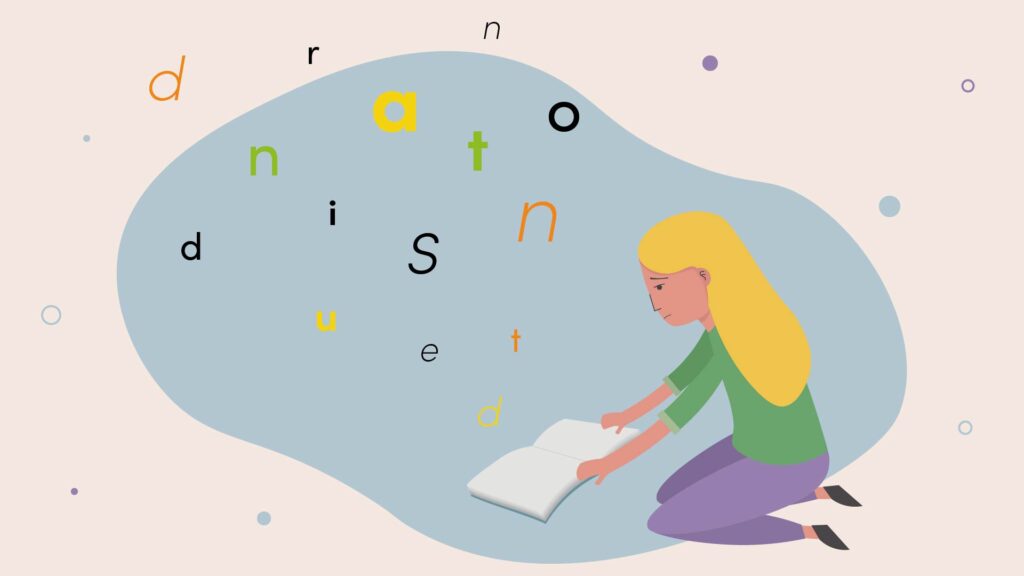
When it comes to learning and development, the most effective digital content is clear, engaging, and crucially, it considers the unique needs of each and every learner.
At Learning Nexus, we’re always striving to make our courses accessible to different types of learners. Why? Because it’s really important to us that everyone can enjoy them!
Our Lead Designer, Louisa Appleton, explains: “Working hard to make sure the courses I’m creating are fully accessible is really rewarding. It’s always worth going the extra mile with testing, knowing that you’re making someone’s life easier and the content that’s being created is fully inclusive for everyone, anywhere!”
And with that – here’s some of the ways we’re making our courses accessible:
Screen readers
Screen readers are software programmes created to help visually impaired individuals, or people that prefer to listen rather than read, interact with computers. Whether it’s a document, video or book, the user simply interacts with the page, and the screen reader interprets the content and relays it through audio.
Each of our team have been trained on the use of screen readers and are actively encouraged to use them when developing courses to make sure we build in a manner that aids screen reader use.
Translation
To further the reach and accessibility of our courses, we’re diving into translation too. Whether you’re an international company with employees with English as their second language, or a UK-based company expanding overseas, our team are busy translating our courses to ensure that each learner receives the same level of training.
Recently we translated one of our most popular health and safety courses, and we’re currently working on a bespoke course that has been translated for clients who want to make their learning consistent for all staff.
Testing
So that our digital content suits a range of different users, we ensure that all the courses, videos and PDFs we create undergo rigorous accessibility testing before they’re delivered.
Online contrast and readability checks are undertaken on all new courses to ensure that they pass WCAG AA standards as a minimum, while in-house ED&I (Equality, Diversity and Inclusion) specialists review all our material to check it’s up to standard.
Benefits of accessible digital learning
Making learning and development accessible has a plethora of benefits for your business, which include:
Employee satisfaction: when digital learning is translated into an employee’s native language, they’re more likely to find it engaging and relatable, and this improves satisfaction.
Attracting global talent: whether you’re looking to expand, or simply to discover fresh expertise, potential superstars will be attracted to your business if they feel they’re joining a culture where they’re seen and heard through learning tailored to their needs.
Enhanced safety: if you employ staff with English as a second language, translated digital learning can ensure that they fully understand the content and objectives of an important topic. This can be of huge benefit for matters like health and safety, ensuring that all staff follow the same vital guidance.
To find out more about our accessible courses, contact us at hello@learningnexus.co.uk or on 01453 756000
